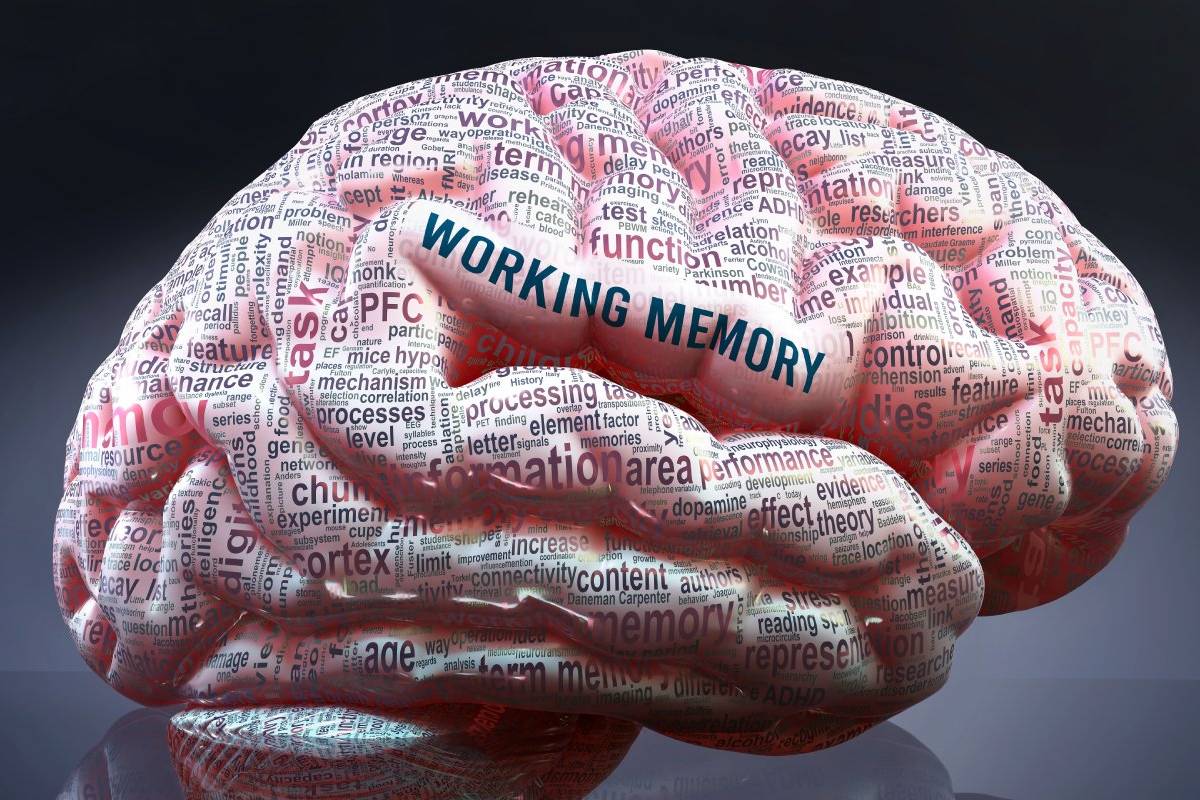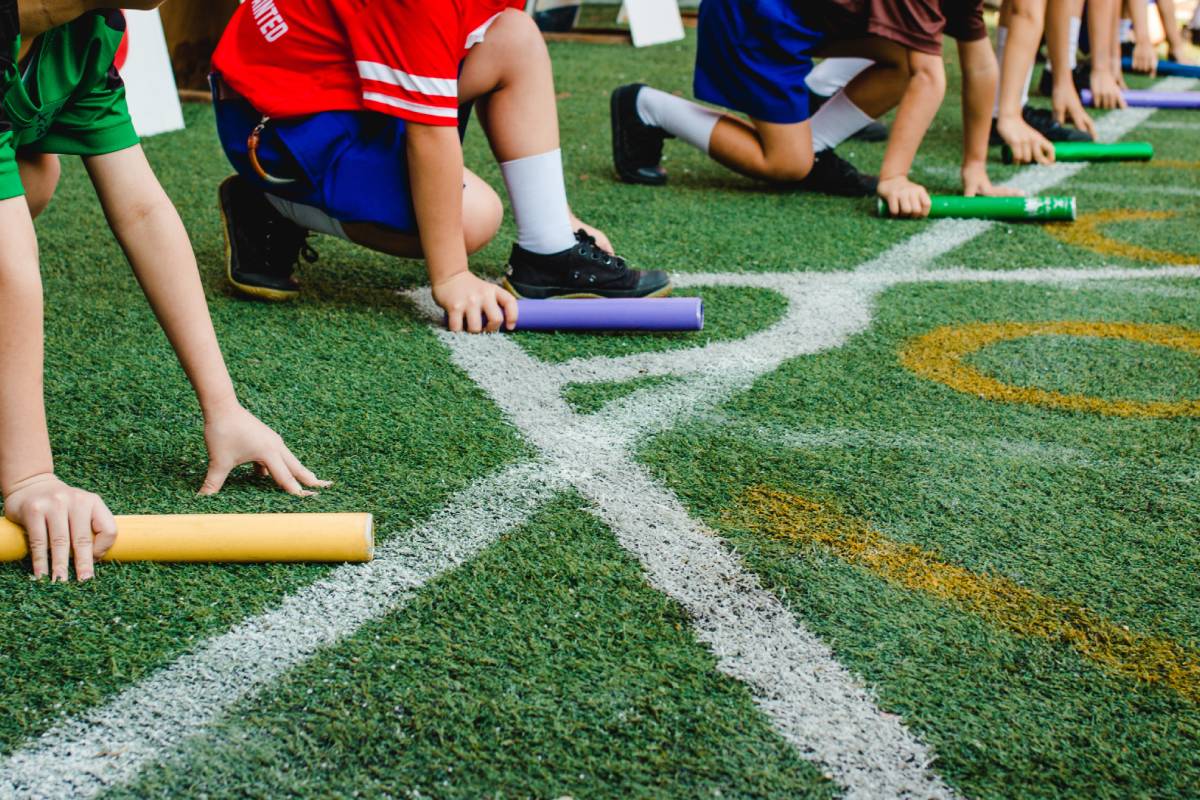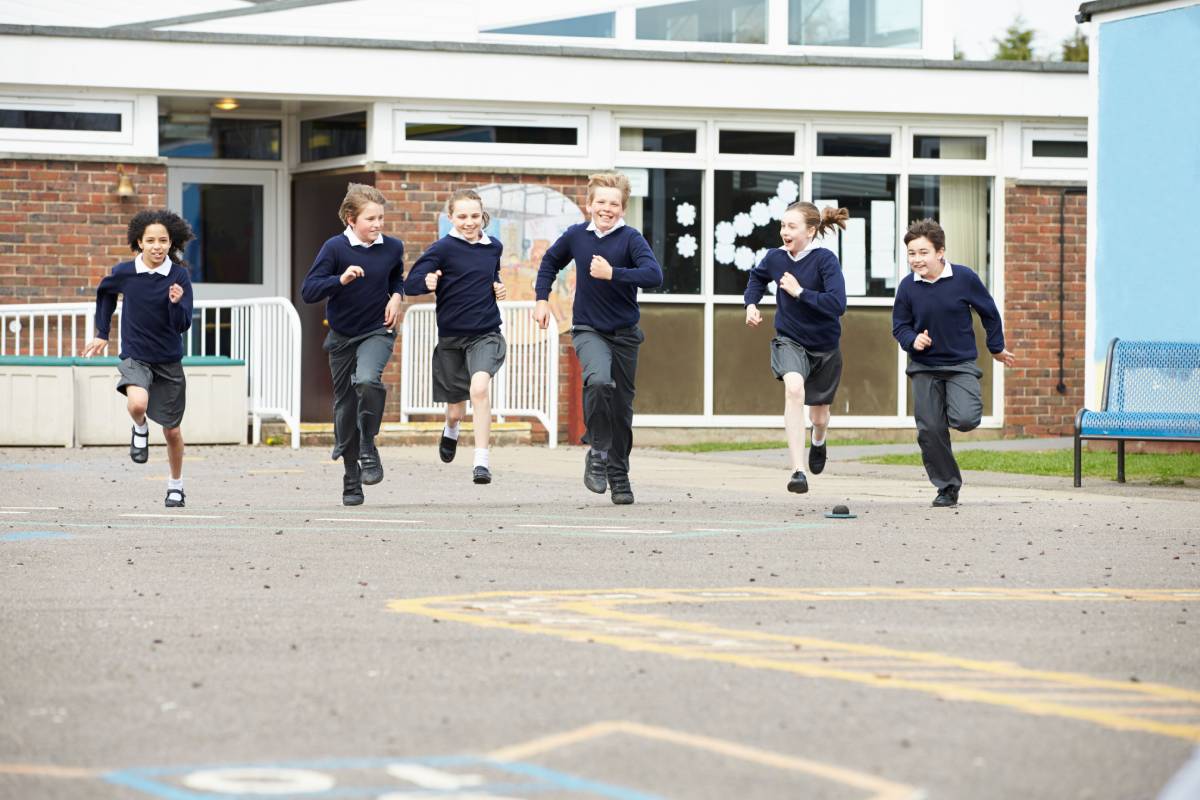Schools working in partnership with parents is nothing new. It was a major focus of the Early Years framework from around 2012, when it was identified as a key factor in improving children’s learning and development.
As children get older, parents often take a step back from engaging with schools. Home based learning during COVID lockdowns certainly alerted many parents to the difficulties in supporting their children’s education.
While schools often focus on parental involvement, it can be challenging for parents to identify how they can support their children effectively with their education. They may fear that their lack of knowledge hinders them or worry they don’t have the time to make a difference.
Read More












